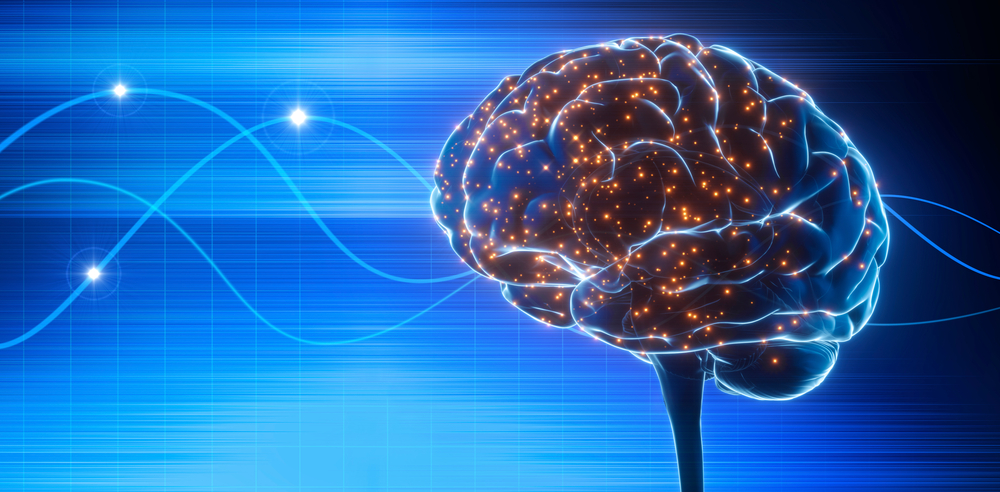
Recovery Road: Can Peripheral Nerves Heal? What You Need to Know
Peripheral neuropathy is a condition that affects the peripheral nerves, which are the nerves outside the brain and spinal cord. These nerves are responsible for transmitting signals between the central nervous system and the rest of the body. When the peripheral nerves are damaged or injured, it can lead to a variety of symptoms and complications.
What Causes Peripheral Neuropathy?
Peripheral neuropathy can have various causes, and it is important to identify the underlying cause in order to determine the most appropriate treatment approach. One of the most common causes of peripheral neuropathy is diabetes. High blood sugar levels can damage the nerves over time, leading to neuropathy.
Other common causes include vitamin deficiencies, such as a lack of vitamin B12, which is essential for nerve health. Infections, such as shingles or Lyme disease, can also cause peripheral neuropathy. Additionally, certain medications, such as chemotherapy drugs, can have a toxic effect on the nerves and lead to neuropathy.
Symptoms of Peripheral Neuropathy
The symptoms of peripheral neuropathy can vary depending on the type and severity of the condition. Some common symptoms include numbness or tingling in the hands or feet, a burning or electric shock-like sensation, muscle weakness, and difficulty with coordination and balance.
In some cases, peripheral neuropathy can also cause pain, which can be sharp or stabbing. This pain is often described as a burning or shooting sensation and may worsen at night. It is important to note that not all individuals with peripheral neuropathy will experience pain, and the severity of symptoms can vary from person to person.
Can Peripheral Nerves Heal?
With the right treatment and management, peripheral nerves often have the ability to heal and regenerate. However, this process can take time and may not be possible in some situations.
The ability of peripheral nerves to heal depends on various factors, including the extent of the nerve damage, the types of nerve fibers damaged, underlying health conditions, and the individual's lifestyle.
Treatment Options for Peripheral Neuropathy
When it comes to treating peripheral neuropathy, the approach will depend on the underlying cause and the severity of the condition. In some cases, addressing the underlying cause can help slow down or halt the progression of neuropathy.
Electromagnetic infrared therapy and electrostimulation can be beneficial in increasing blood flow and repairing the nerves, reducing pain, and restoring normal sensation.
Making certain lifestyle changes can support nerve healing and overall nerve health. Eating a balanced diet that includes foods rich in vitamins and minerals, particularly those that support nerve function, can be beneficial. Regular physical activity, such as walking or swimming, can help improve circulation and promote nerve healing.
Avoiding or limiting alcohol consumption and quitting smoking are also important steps to support nerve healing. These substances can have a negative impact on nerve health and slow down the healing process.
Schedule Your Consultation with Pleasant Life Health Center Today
Peripheral neuropathy can be a challenging condition to live with, but there is hope for healing and managing the symptoms. By understanding the causes and symptoms of peripheral neuropathy, seeking appropriate treatment, and making positive lifestyle changes, individuals with neuropathy can improve their quality of life and support the healing of their peripheral nerves.
If you or someone you know is experiencing symptoms of peripheral neuropathy, it is important to consult with a healthcare professional for an accurate assessment and personalized treatment.. Visit Pleasant Life Health Center at our office in Daniel Island, South Carolina, or call 843-428-7900 to schedule an appointment today.
© Intellectual Property of ChiroEdge




